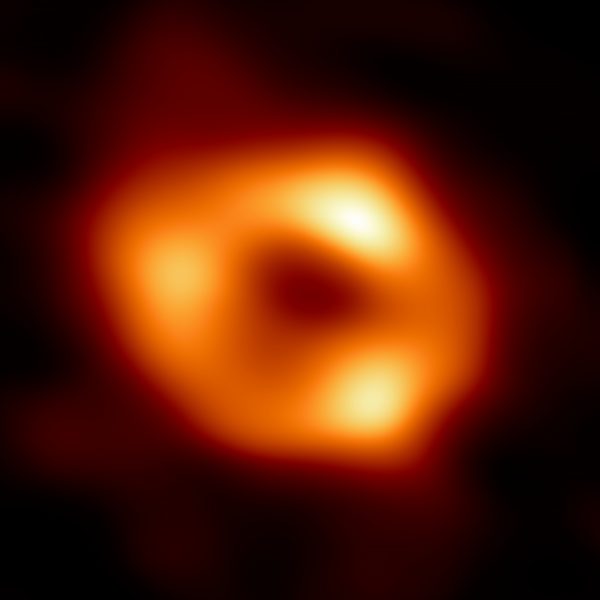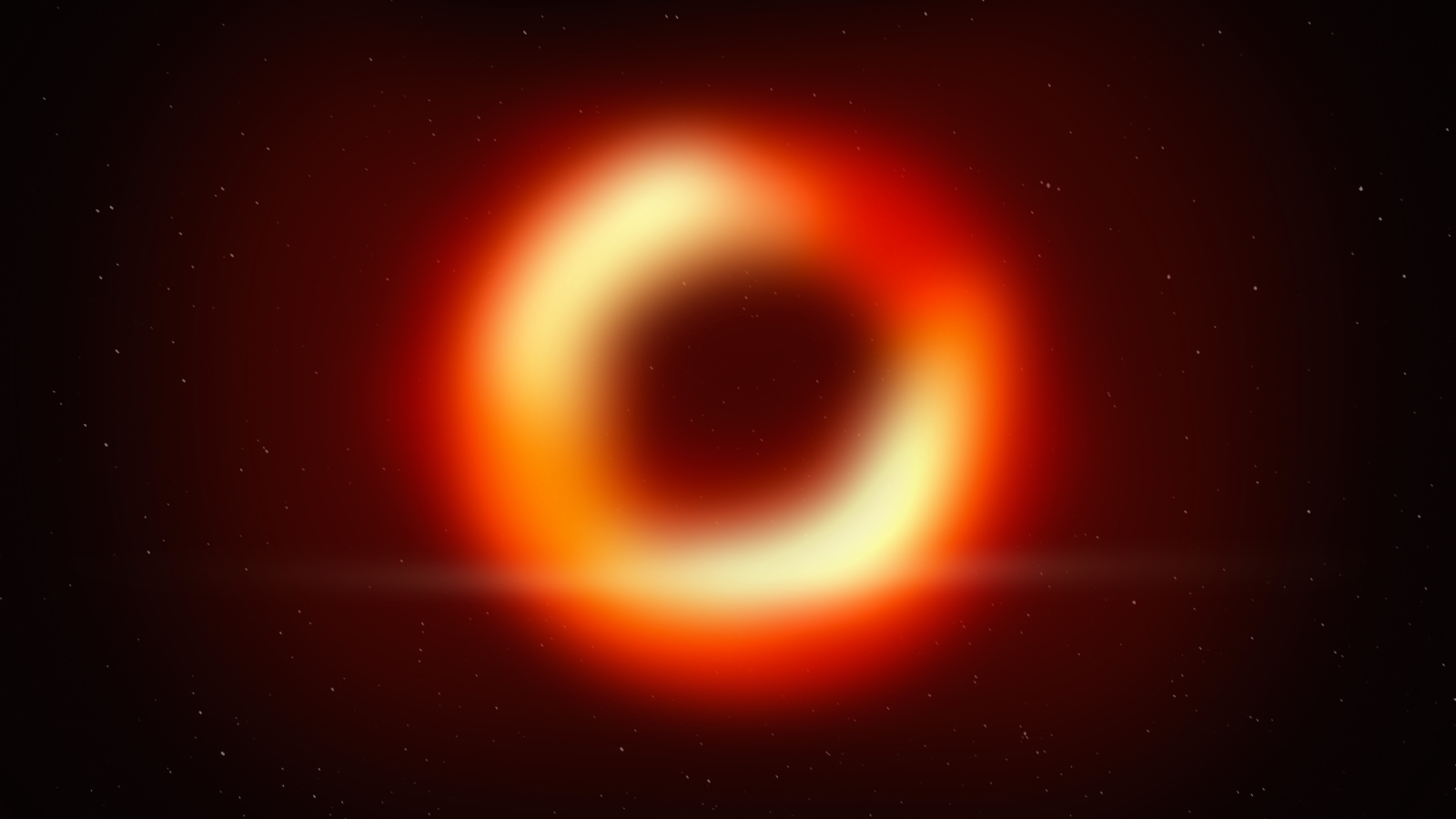Assistant Professor of Physics and Mathematics Alex Lupsasca has won a 2024 New Horizons in Physics Prize for his theoretical work on the interpretation of black hole images and his proposal of a new method for using super-powered telescopes to look closely at black holes and their invisible fingerprints called photon rings. The New Horizons Prize recognizes early-career physicists and mathematicians who are making strides in their research fields.

“Black holes are the places in the universe where gravity is strongest, and therefore where we might most easily glean clues about the nature of this mysterious force,” Lupsasca said. He is receiving the New Horizons in Physics Prize with his collaborator, Harvard-Smithsonian astrophysicist Michael Johnson.
Lupsasca’s research in relativistic astrophysics and gravity is centered around black hole imaging—interpreting the first black hole images released by the Event Horizon Telescope and homing in on the features to target with future observations. He is specifically looking at the black hole photon ring, light that orbited around the black hole (possibly multiple times), probing the geometry of spacetime just outside the event horizon.
“This orbiting light can eventually escape to our telescopes, carrying to us an imprint of the black hole’s extreme gravity. The theory of general relativity predicts a particular shape and an intricate substructure for the photon ring,” Lupsasca said. “Its detection would deliver an extraordinary confirmation of Einstein’s theory in the regime of strong gravity, which we are only barely beginning to explore.”
The photon ring may also hold clues to the characteristics of black holes more broadly, information that can reveal the origin of astrophysical jets and the process of electromagnetic energy extraction from a rotating black hole.

The extraordinary results from the Event Horizon Telescope experiment are just the beginning for Lupsasca and his colleagues.
“Together with Michael Johnson and many talented colleagues, we are now developing a detailed proposal for NASA to launch a space mission targeting the photon rings of the supermassive black holes M87* and Sgr A*, the black hole at the center of our own galaxy,” Lupsasca said. “I am hopeful that the prize will bring more attention to our space mission proposal and help create a larger community working toward its development.”
“Professor Lupsasca’s recognition exemplifies Vanderbilt’s world-class faculty and their extraordinary research efforts addressing the great questions and problems of our time,” Vanderbilt University Chancellor Daniel Diermeier said. “Transformative discovery only happens when our faculty, like Professor Lupsasca, dare to achieve what others think is not possible and we are proud of his inclusion among Breakthrough’s awardees.”
The New Horizons in Physics Prize of $100,000 is awarded to promising early-career researchers who have already produced important work. The physics prizes were founded by technology investor and science philanthropist Yuri Milner and are funded by a grant from the foundation established by Yuri and Julia Milner.
“This prize recognizes work that builds upon the efforts of many scientists who have thought about black holes over the past few decades. I am particularly indebted to my wonderful colleagues and collaborators, without whom these discoveries would not have been possible,” Lupsasca said. “It’s particularly great to see how proud this has made my wife and family—they’ve always supported me and my work, but I think it really means a lot to them to see it recognized in such a public fashion.”
Before joining Vanderbilt in 2022, Lupsasca was an associate research scholar at the Princeton Gravity Initiative after spending three years as a junior fellow in the Harvard Society of Fellows. He completed his Ph.D. in physics at Harvard University in 2017.
About the Breakthrough Prize
Founded in 2012 by sponsors Sergey Brin, Priscilla Chan and Mark Zuckerberg, Julia and Yuri Milner, and Anne Wojcicki, the Breakthrough Prize is the world’s largest international science prize, awarded annually. Each of the five mainstage prizes (three in life sciences, one in fundamental physics and one in mathematics) is for $3 million; and early-career awards (New Horizons Prizes in physics and mathematics) are for $100,000. This year, a total of $15.75 million is being awarded, bringing the total amount conferred over 12 years to $308 million.
Popularly known as the Oscars of Science, Breakthrough Prize hosts a live gala award ceremony in which luminaries of stage, screen and the sports world confer their celebrity and star power on Breakthrough winners, helping boost the cachet of scientific research and scientific thinking. The 2023 ceremony was at the Academy Museum of Motion Pictures in Los Angeles, hosted by James Corden with presenters Kristen Bell, Lily Collins, Gal Gadot, Robert Downey Jr., Brie Larson, Leslie Odom Jr. and Chris Pine, among many others. Video highlights and photos can be found here.
